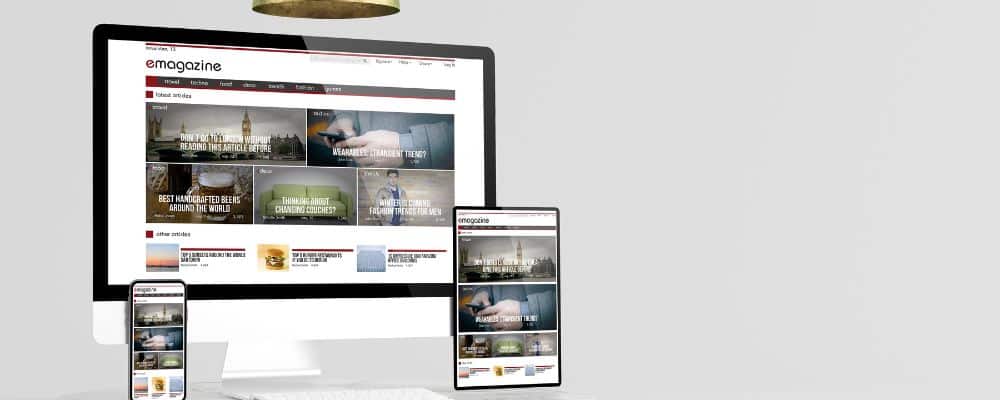How to Prime the Pump of Customers EVEN when They’re not in Town yet
One of the hard parts of the hospitality industry is that you never know just when your customers will be interested in booking. It’s all about location and timing. Busy tourist places or travel hubs like Las Vegas or Southern California can usually fill rooms easily, but a small hotel might have to rely on a local major event to go into the black each year.
Any hotel that wants to keep their rooms filled has to have the right visibility and information to entice customers to stay with them rather than a competitor. These days nearly all the research and booking are done online. Google has stepped in handsomely to provide special services for hotels in their advertising plan, but to leverage it there has to be a good website backing it up. Using a combination of the two techniques, your hotel will be primed to pull in as many travelers as possible.
Your Website
There are a few core things that all travelers look for when searching for a hotel. If you can meet and exceed these needs, you’ll have an attractive offering:
Modern web design
First, you need the basics. Your site needs to be speedy, responsive to screen sizes, and ADA-compliant. Sites that don’t have these are like a hotel booking phone with static on the line. Google’s PageSpeed Insights can tell you how fast your site loads. Responsinator is a free tool that will test responsive designs. WAVE can assist in checking for ADA compliance.
In addition to this, your website needs to have a clean and simple design with clear navigation and CTA areas. Most modern web templates will help you do this, but if you’re building your own theme from scratch you should do your research.
Basic Information
All of the following information should be accessible within a single click on your website:
* Name of your hotel
* Address and phone number of your hotel
* Directions
* Entrance to the booking portal
* Check-in and Check-out times
* Photos and/or videos of your rooms, resort areas, exterior, etc.
* Testimonials
* Amenities
In addition to these, you may want to consider the following:
* Click-to-Call link to your front desk or booking service.
* Adding Google Maps or Google Maps Directions to your directions page.
* A booking/customer service chatbot.
Booking
A common trick used by travelers is to use an online travel agent to find local hotels then visit the hotel web page to get more information before returning to the OTA. Thus, your booking process needs to be so sharp that they’ll skip going back and book with you directly. Here are some tips to do that.
* If you’re using social media ads, allow visitors to log into your booking site using a social media login. That will also help with retargeting customers later for additional stays.
* If you use an external booking service, try to make the branding between your hotel and your booking service pages as consistent as possible to create a seamless experience.
* Your booking copy should use language that implies that going through the hotel is a far better deal than using an outside service. This can also be done by offering exclusive amenities and upgrades for people who book directly.
* Always list available dates before you offer pricing. It’s better to lose a customer because you don’t have an open date than to make them eager to book at a good price then anger them due to a date conflict.
* Make sure your booking pages offer currency conversion. You can use geotargeting to determine where a visitor is so you can adjust prices automatically. At the very least, have a dropdown of major currencies.
Local Information
Finally, your great advantage over online travel agents is that you have local knowledge. Put that knowledge on your site. This can be as simple as a list of local events for the month to an ongoing blog that talks about local attractions, events, and what makes your area or hotel so special.
Advertising
Advertising for hotel websites used to be a real pain, but Google has made it extremely simple with Google Hotel Ads. This service integrates Google My Business, Google Maps, and Google’s booking services all in one package. It is the simplest way to get maximum visibility through search. While it does advertise other booking sites, the advantages are so great that it makes doing it all manually obsolete.
If you are using Facebook for advertising or login for your booking site, another ad path to investigate is Facebook Dynamic Ads for Travel. This is a similar service to Google Hotel Ads but for Facebook users. And if you are focusing on business travelers or hold conferences, then a dip into LinkedIn Ads would be prudent although they don’t have specialized advertising features for hotels.
Between these three services backed by a solid website, you should have no trouble in attracting travelers to your hotel with a competitive deal. Take your current advertising efforts and go through this list to see if you stack up.





